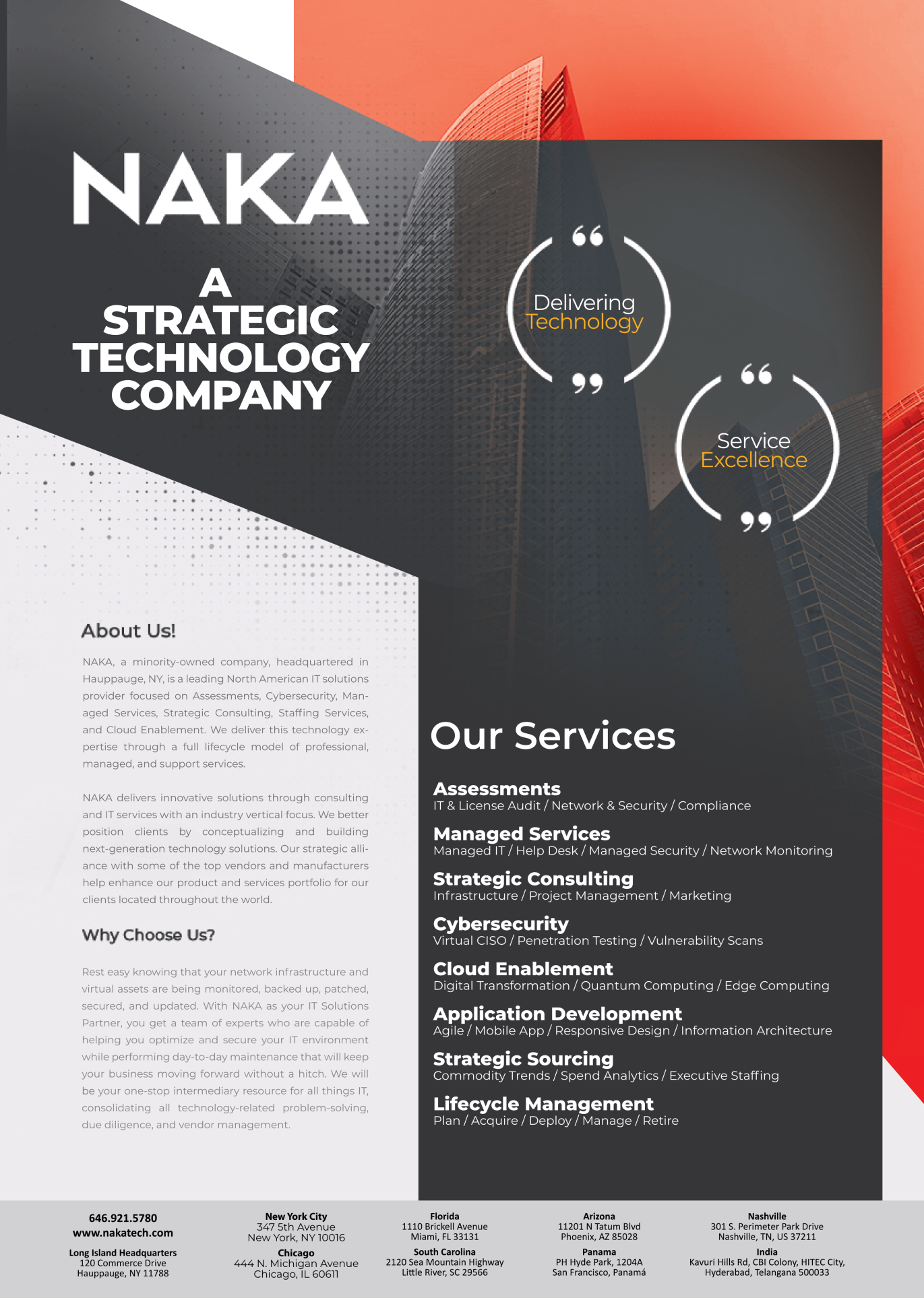Essential Digital Marketing Strategies for All Businesses

Essential Digital Marketing Strategies for All Businesses
In today’s dynamic digital landscape, businesses are continually challenged to stay ahead of the competition. The key to success lies in adopting effective digital marketing strategies. In this comprehensive guide, we will delve into each essential strategy, providing actionable insights to elevate your business and ensure sustained growth.
Understanding the Digital Marketing Landscape
The digital marketing landscape is multifaceted, encompassing various online channels to reach and engage with your target audience. To navigate this terrain successfully, businesses must deploy a comprehensive set of strategies.
-
Search Engine Optimization (SEO): The Foundation of Digital Visibility
At the core of any successful digital marketing strategy is SEO. Optimizing your online content for search engines is vital for ensuring that your business is easily discoverable by potential customers. Incorporate relevant keywords, including the crucial phrase “digital marketing strategies,” strategically within your content.
In addition to the primary keyword, consider utilizing synonyms such as “online marketing tactics” or “internet marketing strategies.” This not only helps diversify your content but also caters to a broader audience.
Expanding on the importance of SEO, delve into the significance of on-page optimization, backlink building, and mobile responsiveness. Implementing these aspects into your SEO strategy enhances your website’s overall performance and increases its chances of ranking higher in search engine results, thus maximizing organic reach.
Consider providing real-world examples of businesses that have successfully implemented SEO strategies, showcasing the impact on their online visibility and traffic. Discuss the evolution of search engine algorithms and how businesses can adapt their SEO practices to stay current.
-
Content Marketing: Creating Value for Your Audience
Compelling and relevant content forms the cornerstone of any effective digital marketing campaign. Regularly publishing high-quality content not only improves your website’s SEO but also establishes your business as an industry authority. Incorporate your target keywords naturally within your content to maintain a keyword density between 1-2 percent.
Explore various content formats, including blog posts, infographics, videos, and podcasts, to cater to different audience preferences. This multifaceted approach enhances your content’s reach and engagement.
Delve into the art of storytelling within content marketing. Sharing compelling narratives creates a strong emotional connection with your audience, fostering brand loyalty and increasing the likelihood of social sharing. Additionally, consider the importance of evergreen content that continues to provide value over time, solidifying your position as a reliable source of information in your industry.
Provide in-depth examples of successful content marketing campaigns, detailing the strategies employed and the measurable impact on brand awareness and customer engagement. Discuss the role of user-generated content and how businesses can leverage their audience to create authentic and shareable content.
-
Social Media Marketing: Building and Nurturing Relationships
Social media platforms are powerful tools for connecting with your audience and promoting your brand. Develop a robust social media strategy that aligns with your business goals. Regularly share content, engage with your audience, and utilize paid advertising to amplify your reach.
When crafting social media content, seamlessly integrate your primary keyword and its synonyms. This not only reinforces your digital marketing strategy but also improves your content’s visibility across various platforms.
Elaborate on the different social media platforms and their unique strengths. Discuss how businesses can tailor their content to suit the preferences of each platform’s audience. Provide case studies of successful social media campaigns, highlighting the strategies employed and the resulting impact on brand visibility and customer engagement.
-
Email Marketing: Building a Direct Line of Communication
Email marketing remains one of the most effective ways to nurture leads and maintain customer relationships. Create targeted email campaigns that provide value to your subscribers. Utilize personalized content and promotional offers to encourage engagement.
In your email campaigns, strategically include your target keywords to reinforce your digital marketing message. This not only enhances your email content but also contributes to a cohesive online presence.
Discuss the importance of segmentation in email marketing, tailoring messages to specific audience segments for increased relevance. Additionally, explore the benefits of automated email workflows, streamlining communication and ensuring consistency in your digital marketing efforts.
Provide detailed examples of successful email marketing campaigns, highlighting the strategies used, the level of personalization, and the resulting impact on customer retention and conversion rates. Discuss the evolving trends in email marketing, such as interactive content and AI-driven personalization.
-
Pay-Per-Click (PPC) Advertising: Driving Immediate Results
Supplement your organic efforts with paid advertising to achieve immediate visibility and results. Platforms like Google Ads and social media ad networks offer robust targeting options. Craft compelling ad copy that incorporates your primary keyword and its synonyms for maximum impact.
Regularly analyze and optimize your PPC campaigns to ensure a high return on investment. By combining organic and paid strategies, you can create a well-rounded digital marketing approach that maximizes your business’s online presence.
Discuss advanced strategies in PPC advertising, such as remarketing and dynamic ad targeting. Provide case studies illustrating how businesses have effectively utilized PPC advertising to generate leads and drive sales. Emphasize the importance of continuous monitoring and adjustment to maximize the effectiveness of paid campaigns.
Conclusion: A Holistic Approach to Digital Success
In the competitive digital landscape, implementing a holistic digital marketing strategy is essential for business success. By focusing on SEO, content marketing, social media, email marketing, and PPC advertising, you can create a comprehensive approach that drives visibility, engagement, and ultimately, business growth.
Remember, the key to success lies in continuous adaptation and refinement. Stay updated with industry trends, monitor your analytics, and be ready to adjust your strategies to meet the evolving needs of your audience. With a well-executed digital marketing plan, your business can thrive in the digital era.
As businesses continue to evolve, so should their digital marketing strategies. By staying ahead of the curve and consistently refining their approaches, businesses can position themselves for success in an ever-changing digital landscape.



